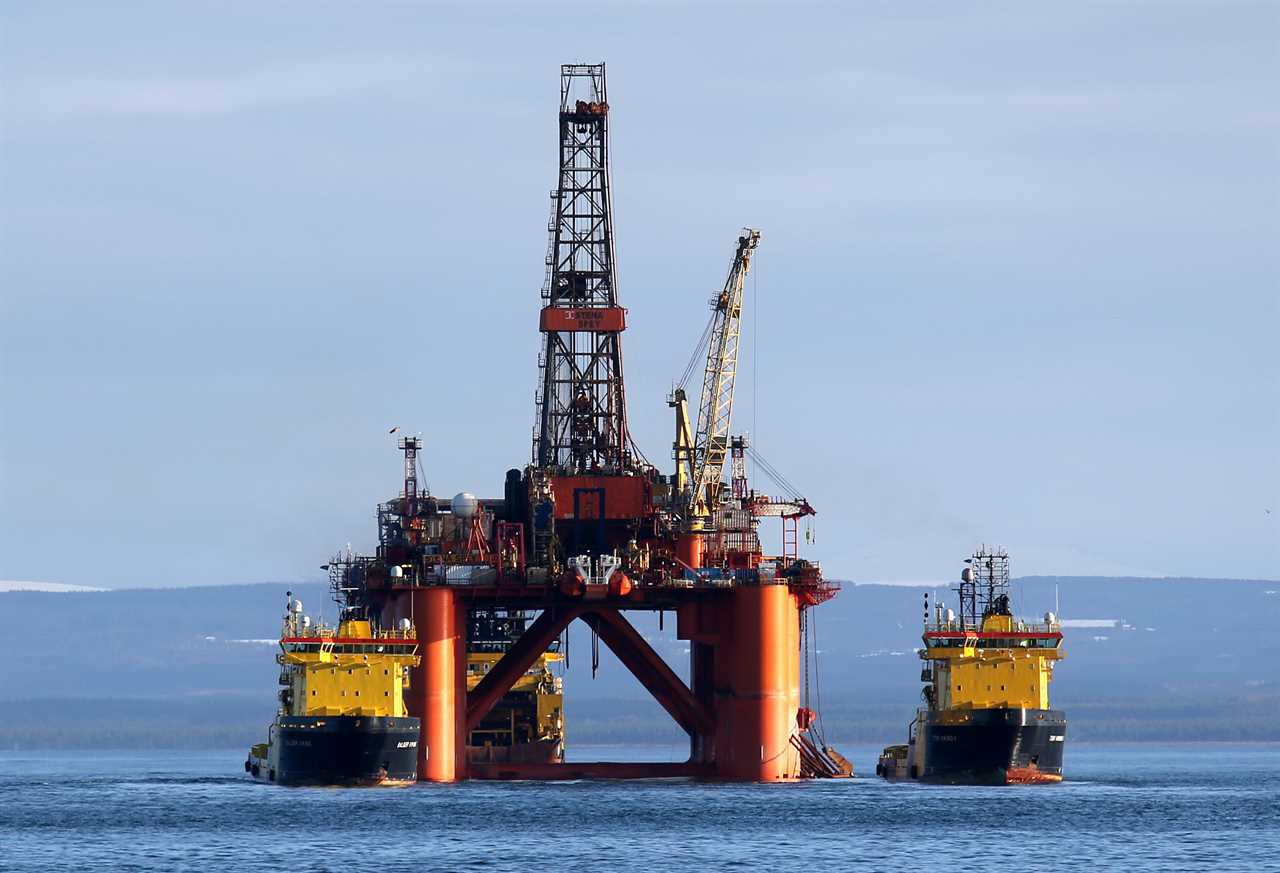
In a bold move, Tory leader Kemi Badenoch is poised to challenge the imposition of windfall taxes on oil and gas firms, arguing that such measures could jeopardize the industry's viability. This stance comes amidst a broader debate around balancing environmental imperatives with economic interests, with Badenoch criticising Energy Secretary Ed Miliband's decision to halt new drilling licences in the North Sea in alignment with Net Zero objectives.
The wider context: Navigating Industry Viability and Environmental Responsibility
The Energy Profits Levy, initially introduced by the Conservative party to address the windfall gains of energy companies amidst consumer struggles with escalating bills, has become a focal point of contention. While Labour has recently augmented this tax, Badenoch contends that sustaining it risks eroding the sector's competitiveness and imperiling jobs. The intertwined dynamics of energy policy, economic stability, and environmental sustainability underpin this clash of perspectives.
Shifting Priorities: Clean Energy Transition and Economic Realities
Amidst calls for greater investment in clean energy technologies like hydrogen, symbolised by Miliband's pledge of £500 million, the conversation extends beyond immediate fiscal considerations. The promise of job creation in emerging sectors must be weighed against potential job losses in traditional industries like oil and gas. This juxtaposition underscores the complexities inherent in navigating the transition towards renewable energy sources.
Balancing Act: Local Industry Impact and Global Energy Dynamics
Badenoch's critique of windfall taxes resonates with concerns over job security and domestic energy production, particularly as the UK grapples with the implications of importing gas while restricting drilling activities. The interplay between national energy strategies and international energy markets underscores the intricacies of energy policy formulation within a global context. This tension raises questions about long-term energy security and economic resilience.

As policymakers and industry stakeholders engage in this discourse, the need to address both immediate economic imperatives and long-term environmental goals remains paramount. Navigating this delicate balance requires a nuanced understanding of the interconnected nature of energy, economy, and the environment. The decisions made today will reverberate across industries and communities, shaping the trajectory of the UK's energy landscape for years to come.
Did you miss our previous article...
https://trendinginthenews.com/uk-politics/the-chancellor-faces-harsh-reality-as-gdp-declines-amid-spending-surge






